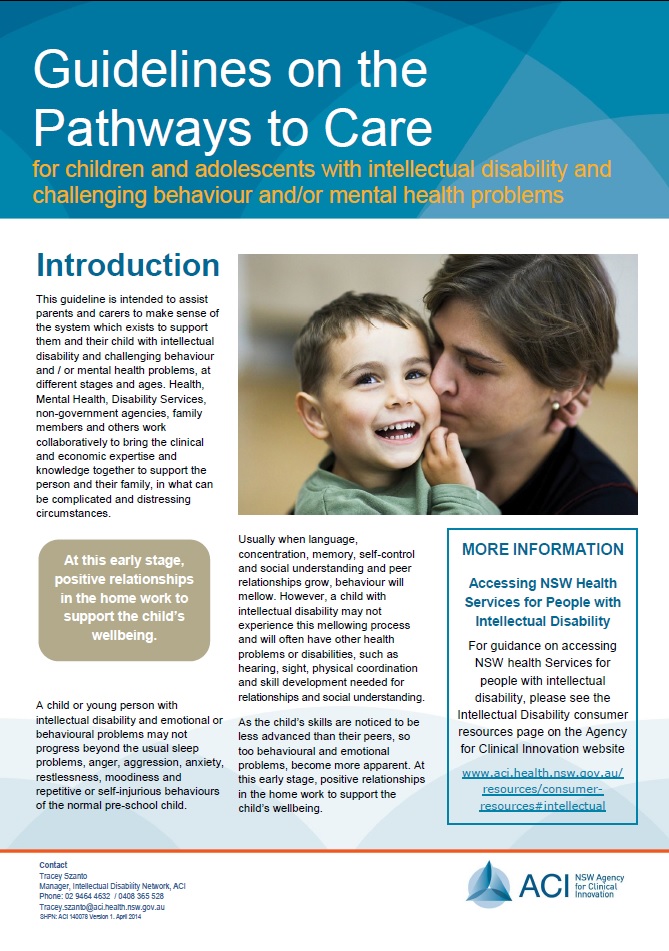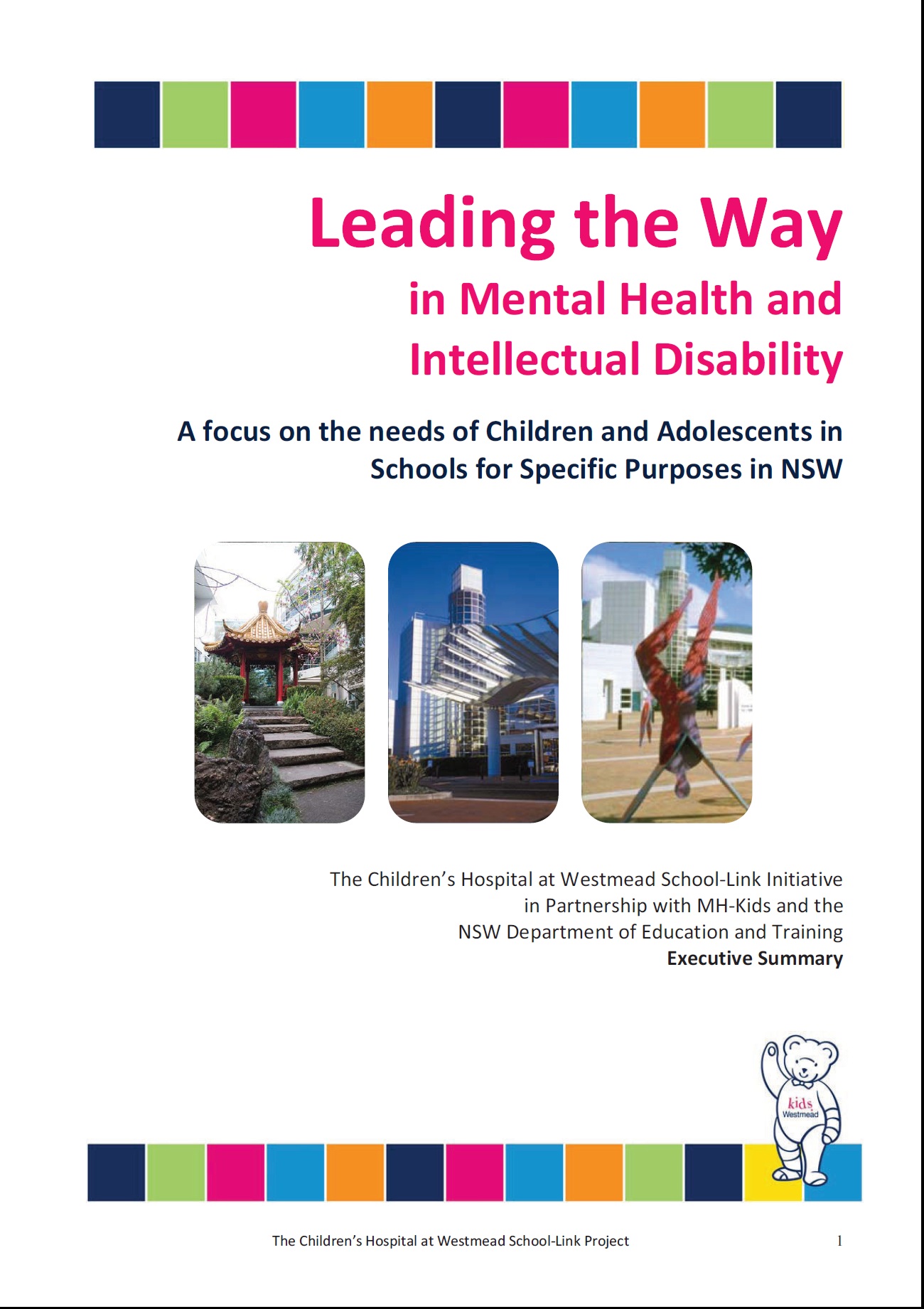Behaviour Support Guidelines
 Friday, July 23, 2021 at 6:23PM
Friday, July 23, 2021 at 6:23PM The Intellectual Disability Behaviour Support Program at UNSW, has developed these resources to assist in the prevention and reduction of the development of challenging behaviour in children and young people. The development of challenging behaviour can place additional strain on families and support systems and their capacity to provide effective support to the child/young person. It is intended that this guide will assist support networks to address early stages of the development of challenging behaviour and to maintain capacity for effective support.
The guide is designed to assist practitioners, whether they be behaviour support practitioners or others working with a child or young person, to reflect on their understanding and practice of behaviour support.
Please find the following links to these two aged defined resources.
Understanding Behaviour Support Practice Guide: Young Children (0–8 years) with Developmental Delay and Disability guide
Understanding Behaviour Support Practice Guide: Children and Young People (9–18 years) with Disability guide






